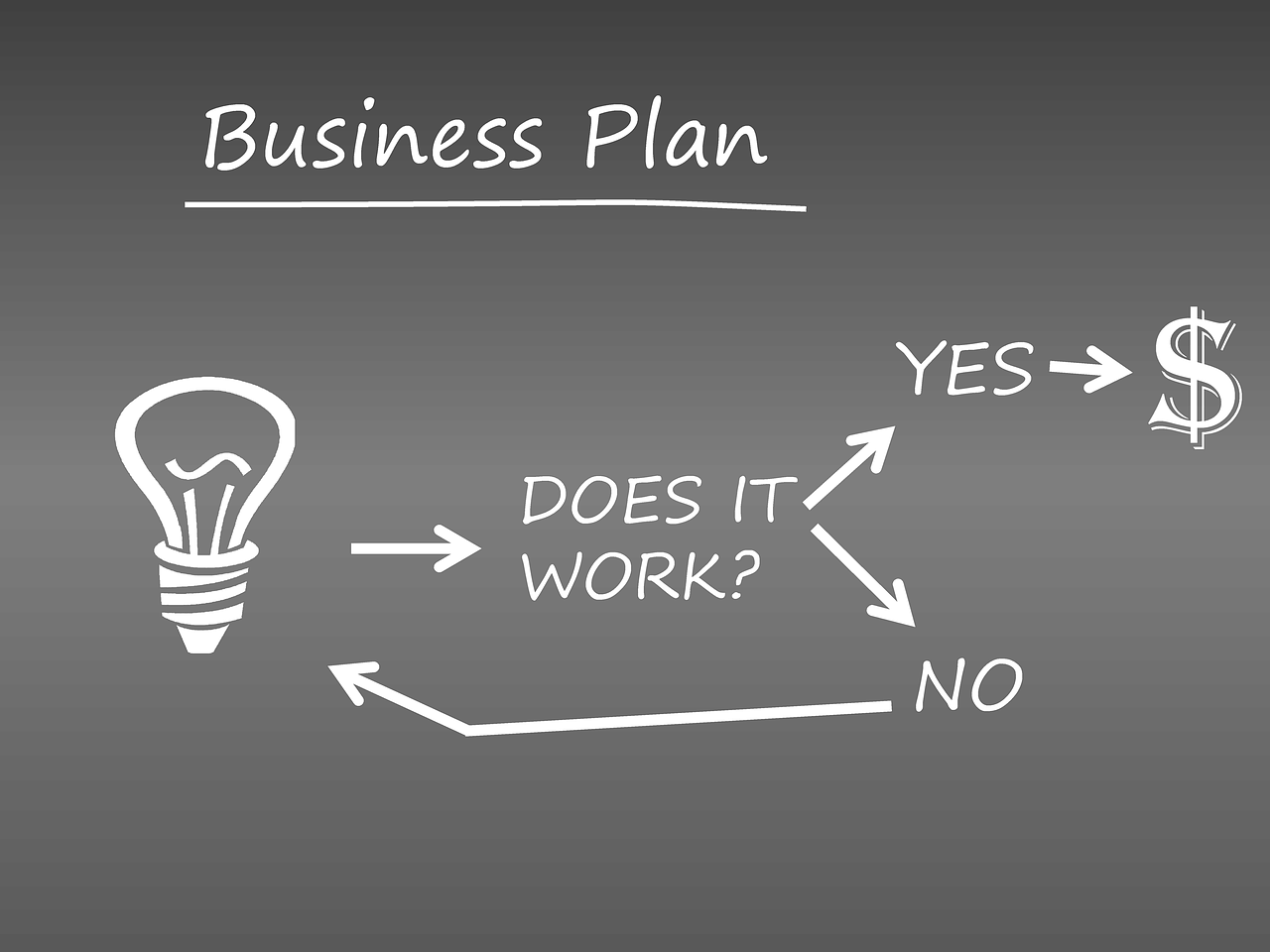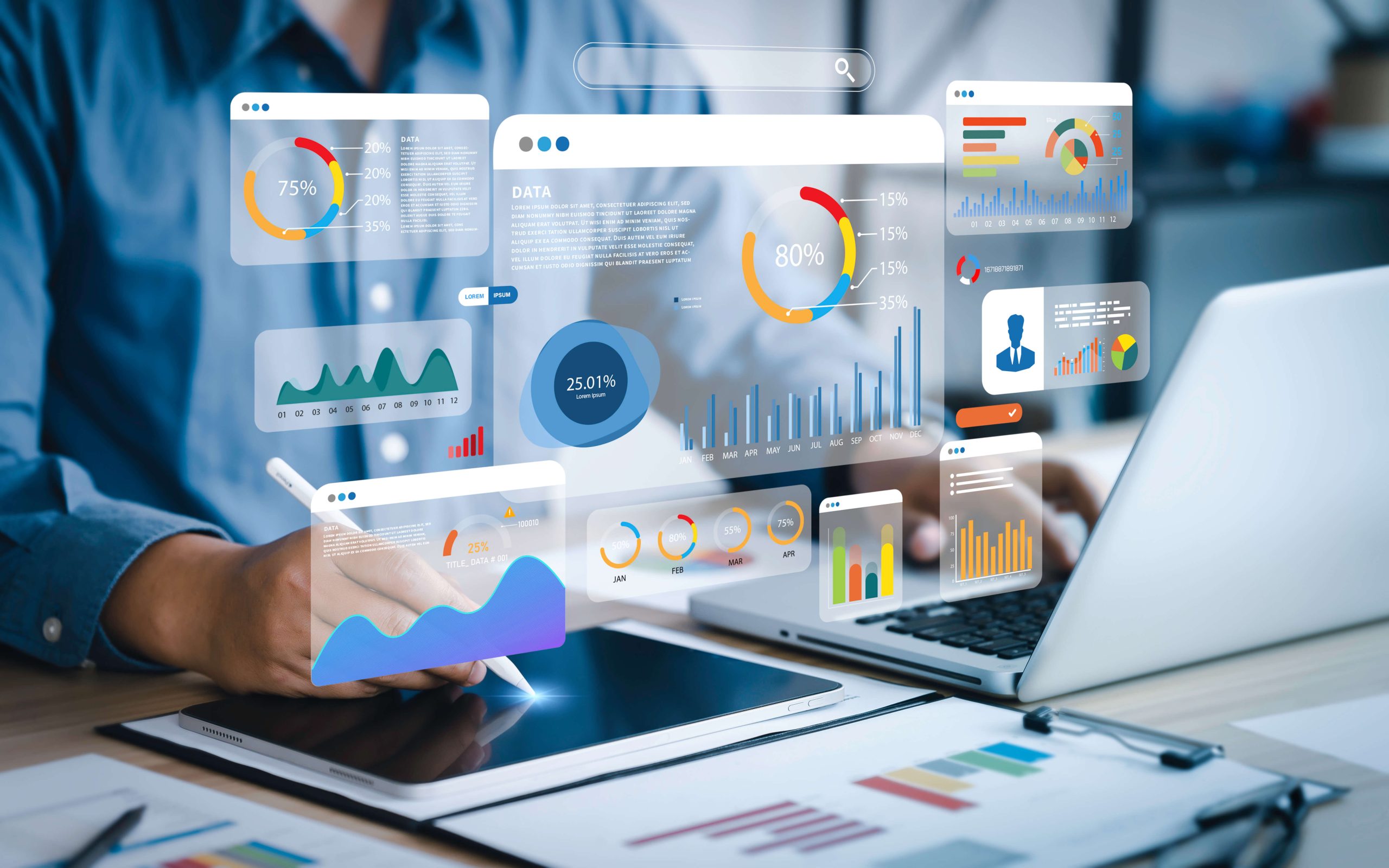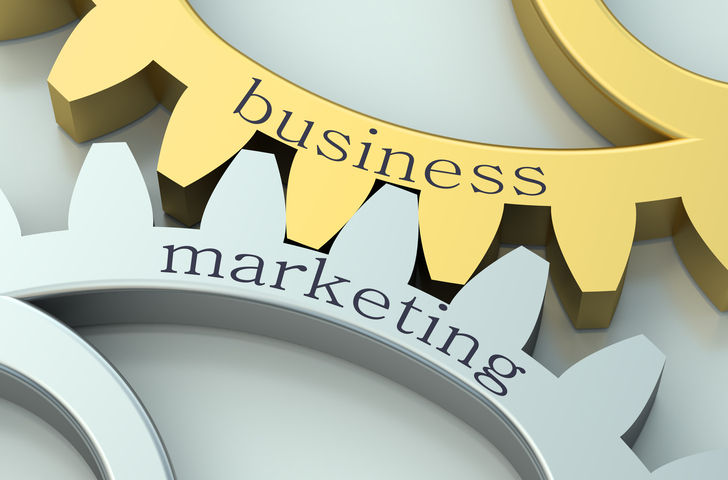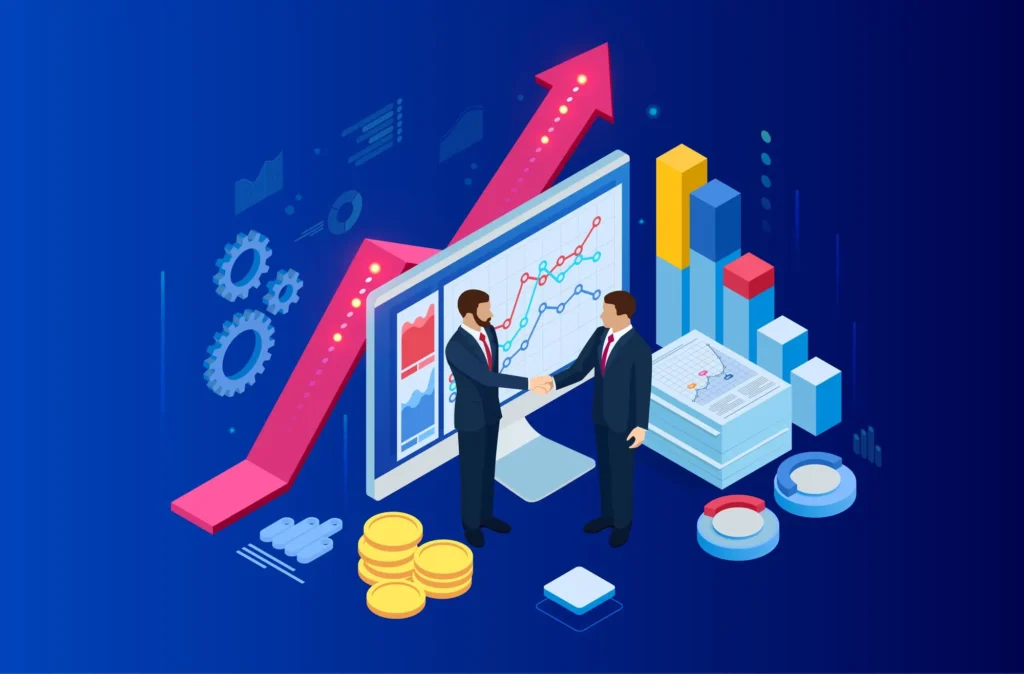
Table of Contents
Introduction
Business Plan – A well-crafted business plan is no longer just a roadmap for success; it has evolved into a strategic document that integrates innovation, societal impact, and market adaptability. As global markets shift and technology advances, businesses must continuously refine their planning process to remain competitive. This article explores the modern business plan, its evolving role, and how contemporary innovations impact business strategy.
The Evolution of Business Plans

Business plans have long served as the foundation for launching and managing enterprises. Traditionally, they were rigid documents outlining financial projections, market analysis, and operational strategies. However, as industries evolve, technological advancements, economic shifts, and societal demands have reshaped the way businesses plan for the future.
This article explores the transformation of business plans, the impact of innovation, and how modern planning strategies align with contemporary market demands.
The Traditional Business Plan: A Historical Perspective
In the past, business plans followed a structured format with the following key components:
Executive Summary: A brief overview of the business idea, objectives, and value proposition.
Market Analysis: A study of competitors, customer demographics, and industry trends.
Financial Projections: Revenue forecasts, profit margins, and investment needs.
Operations Plan: A step-by-step guide to managing resources and logistics.
Risk Assessment: Identifying potential threats and outlining mitigation strategies.
While these elements remain relevant, the methodology behind business planning has undergone a radical transformation.
The Shift Towards Dynamic and Agile Business Plans
The modern business environment requires agility, adaptability, and real-time responsiveness. Companies are shifting from static business plans to dynamic, data-driven strategies. Key aspects of this shift include:
Lean Business Planning
Unlike traditional, lengthy business plans, lean business planning focuses on flexibility and continuous improvement.
Startups and tech-driven companies often use lean models to iterate based on real-time feedback.
The Lean Canvas framework, introduced by Ash Maurya, replaces the standard business plan by focusing on problem-solving, customer validation, and key metrics.
Digital-First Strategy
With the rise of AI, cloud computing, and data analytics, business planning now integrates digital tools for market research, automation, and customer engagement.
Companies utilize predictive analytics to refine business strategies and enhance decision-making.
Digital dashboards and cloud-based planning tools enable real-time monitoring and adjustments.
Sustainability and Social Responsibility
Modern consumers demand ethical business practices and sustainable operations.
Business plans now include Environmental, Social, and Governance (ESG) considerations.
Companies integrating green initiatives and social impact projects gain competitive advantages.
The Role of Innovation in Business Planning
Technological and societal innovations are shaping how companies strategize and implement business plans.
1. AI and Machine Learning in Business Strategy
AI-powered analytics help businesses optimize pricing, inventory management, and marketing campaigns.
Machine learning models predict consumer behavior, allowing companies to personalize offerings.
Chatbots and AI-driven customer service enhance customer engagement and retention.
2. Remote and Hybrid Work Adaptation
The COVID-19 pandemic accelerated the shift toward remote work, changing workforce planning.
Businesses must now integrate digital collaboration tools, remote hiring strategies, and hybrid workplace models.
Flexible work policies improve employee productivity and talent acquisition.
3. The Rise of Subscription and Platform-Based Models
Subscription services, SaaS (Software as a Service), and platform-based business models are reshaping industries.
Business plans now account for customer retention strategies and recurring revenue streams.
Examples include Netflix (subscription-based entertainment) and Airbnb (platform economy).
The Impact of Societal Changes on Business Planning
Societal shifts influence business trends and require companies to rethink traditional approaches. Key societal changes affecting business plans include:
Consumer Empowerment and Personalization
Businesses must tailor experiences to customer preferences, using data-driven insights.
Personalized marketing strategies improve engagement and conversion rates.
AI-driven recommendation engines power e-commerce and content platforms.
Financial Inclusion and Decentralized Finance (DeFi)
Cryptocurrency, blockchain, and decentralized finance are transforming traditional banking and investment models.
Business plans now include alternative funding strategies such as Initial Coin Offerings (ICOs) and crowdfunding.
Peer-to-peer lending and microfinance expand financial accessibility.
Regulatory and Compliance Considerations
New regulations in data privacy (e.g., GDPR) require businesses to prioritize cybersecurity and compliance.
Ethical AI usage and responsible data handling impact business decision-making.
ESG reporting is becoming a standard requirement for investors and stakeholders.
The Future of Business Plans
Business planning will continue evolving to align with technological advancements and societal expectations. Future trends include:
AI-Generated Business Plans – AI-driven platforms will automate business strategy development based on market trends and financial data.
Blockchain for Business Transparency – Decentralized ledgers will enhance supply chain transparency and secure financial transactions.
Hyper-Personalization in Business Models – Companies will use AI and big data to create highly customized products and services.
Resilient Business Strategies – Businesses will incorporate crisis management and contingency planning into their core strategies to withstand disruptions.
The evolution of business plans reflects the changing landscape of innovation, consumer expectations, and societal demands. Companies that embrace agility, sustainability, and digital transformation will thrive in the modern economy.
By leveraging AI, sustainability initiatives, and adaptive business models, organizations can create strategies that are not only profitable but also impactful in shaping a better future for society.
Essential Components of a Modern Business Plan

A modern business plan is more than just a document—it is a strategic roadmap that guides entrepreneurs and organizations toward sustainable growth and success. As industries evolve and consumer behaviors shift, business plans must incorporate innovative strategies and cutting-edge technology to remain relevant.
In this article, we will explore the essential components of a modern business plan, emphasizing its importance in today’s dynamic market environment.
1. Executive Summary: The Business Overview
The executive summary is a snapshot of the entire business plan. It should include:
A concise description of the business model
Key objectives and vision statement
A brief overview of financial projections
Competitive advantage and unique value proposition
A well-crafted executive summary ensures investors and stakeholders quickly grasp the business’s potential.
2. Market Analysis: Understanding Industry Trends
A modern business plan must demonstrate an in-depth understanding of the market. This includes:
Industry Trends: Identifying shifts in consumer behavior and emerging opportunities
Competitive Landscape: Analyzing key competitors, their strengths, and gaps in the market
Customer Segmentation: Defining target demographics, pain points, and purchasing habits
Using AI-powered analytics and real-time data tracking enhances market analysis accuracy and decision-making.
3. Business Model and Revenue Strategy
The business model is the foundation of a company’s operations and profitability. Modern business plans incorporate:
Subscription and Recurring Revenue Models: Popular in SaaS and digital platforms
Freemium and Pay-per-Use Strategies: Encouraging user acquisition and monetization
E-commerce and Direct-to-Consumer (DTC) Approaches: Leveraging online sales channels
A clear revenue model demonstrates financial viability and scalability to investors.
4. Product or Service Innovation
Modern businesses must continuously innovate to stay ahead. Key aspects to highlight in this section include:
Unique Selling Proposition (USP): What makes the product or service stand out
Technology Integration: AI, IoT, blockchain, and automation for efficiency
Sustainability Practices: Eco-friendly production and ethical sourcing
Innovation not only enhances competitive advantage but also fosters customer loyalty and brand reputation.
5. Marketing and Customer Acquisition Strategy
A well-defined marketing strategy is crucial for customer acquisition and brand growth. This section should include:
Digital Marketing: SEO, content marketing, social media, and influencer collaborations
Customer Experience Optimization: Personalization through AI-driven recommendations
Omnichannel Approach: Online and offline engagement to maximize reach
Integrating data-driven marketing strategies ensures businesses attract and retain customers effectively.
6. Operations and Logistics Plan
The operational plan outlines how the business will function day-to-day. This includes:
Supply Chain Management: Efficient sourcing, inventory control, and distribution
Automation and AI in Operations: Reducing costs and enhancing productivity
Remote and Hybrid Work Models: Flexible work environments for employee satisfaction
A streamlined operations plan ensures scalability and efficiency.
7. Financial Plan and Projections
Investors need a transparent and realistic financial outlook. A comprehensive financial plan should include:
Revenue Forecasts and Break-even Analysis: Short-term and long-term projections
Funding Requirements and Sources: Venture capital, crowdfunding, or bootstrapping
Cost Management Strategies: Identifying areas for cost reduction and optimization
Utilizing financial modeling software enhances the accuracy of projections and risk assessments.
8. Risk Management and Contingency Planning
Uncertainties and risks are inevitable. A strong business plan must include:
Market and Competitive Risks: Identifying industry-specific threats
Financial Risks: Managing cash flow and investment uncertainties
Crisis Response Strategies: Business continuity plans for unexpected disruptions
Proactively addressing risks demonstrates business resilience and investor confidence.
9. Sustainability and Corporate Social Responsibility (CSR)
Modern businesses must integrate sustainability initiatives to align with consumer expectations and regulatory requirements. Key aspects include:
Environmental Impact Strategies: Carbon neutrality, waste reduction, and green practices
Ethical Business Practices: Fair trade, diversity, and community engagement
ESG Reporting: Transparency in environmental, social, and governance metrics
Sustainable practices contribute to long-term brand loyalty and positive public perception.
10. Growth and Expansion Strategy
A business plan should outline future growth opportunities, including:
Global Market Entry Strategies: International expansion and localization efforts
Partnerships and Collaborations: Strategic alliances to enhance market reach
Innovation-Driven Scaling: Leveraging AI, automation, and digital transformation
A clear roadmap for expansion ensures continued business success and investor interest.
A modern business plan is a dynamic and adaptable blueprint for success. By incorporating technological innovations, data-driven insights, and sustainability practices, businesses can stay ahead in a competitive market.
Entrepreneurs and companies that craft well-structured, forward-thinking business plans are better positioned to attract investors, achieve profitability, and create lasting impact in today’s ever-evolving business landscape.
The Role of Innovation in Business Planning
Innovation plays a crucial role in modern business planning, helping companies stay competitive, adapt to market changes, and drive growth. In today’s rapidly evolving business landscape, integrating innovative strategies into a business plan is no longer optional—it is a necessity.
This article explores the significance of innovation in business planning and how businesses can leverage it for long-term success.
1. Understanding Innovation in Business Planning
Innovation in business planning involves integrating new ideas, processes, technologies, and business models to enhance efficiency, customer satisfaction, and profitability. Key aspects include:
Technological Advancements: Leveraging AI, automation, and digital tools to optimize operations
Business Model Innovation: Exploring new revenue streams and distribution channels
Process Optimization: Enhancing productivity through lean management and agile methodologies
By fostering a culture of innovation, businesses can create adaptable and future-proof strategies.
2. The Impact of Innovation on Market Competitiveness
Innovation allows businesses to differentiate themselves in a crowded market. Key benefits include:
Competitive Edge: Unique products, services, and customer experiences
Brand Positioning: Establishing a reputation as an industry leader
Customer Retention: Meeting evolving customer expectations with innovative solutions
By consistently innovating, businesses can stay ahead of competitors and retain customer loyalty.
3. Incorporating Innovation into the Business Model
To integrate innovation into business planning, companies must:
Invest in Research & Development (R&D): Continuously explore new opportunities
Adopt a Data-Driven Approach: Use analytics to make informed decisions
Encourage a Culture of Creativity: Empower employees to contribute innovative ideas
Successful businesses prioritize innovation at every level, from leadership to daily operations.
4. Technology as a Driving Force of Business Innovation
Technology is at the heart of modern business innovation. Key areas of impact include:
Artificial Intelligence (AI): Enhancing decision-making and customer experiences
Internet of Things (IoT): Improving operational efficiency through connected devices
Blockchain and Cybersecurity: Ensuring data integrity and security
By embracing technological advancements, businesses can streamline operations and offer better services.
5. Sustainability and Innovation in Business Planning
Sustainability-driven innovation is becoming increasingly important. Businesses can:
Develop Eco-Friendly Products: Reduce environmental impact and appeal to conscious consumers
Implement Circular Economy Models: Minimize waste through recycling and reusing
Enhance Corporate Social Responsibility (CSR): Build trust with stakeholders
Innovative sustainability practices contribute to long-term business resilience and social impact.
6. Challenges of Integrating Innovation into Business Planning
Despite its benefits, innovation comes with challenges, including:
High Initial Investment Costs: R&D and new technology adoption require capital
Market Uncertainty: Rapid changes in consumer preferences and technological trends
Resistance to Change: Employees and stakeholders may be reluctant to adopt new strategies
Overcoming these challenges requires strong leadership, clear vision, and strategic execution.
7. Case Studies: Businesses Thriving Through Innovation
Tesla: Revolutionized the automotive industry with electric vehicles and AI-driven automation
Amazon: Transformed e-commerce with AI, data analytics, and cloud computing
Netflix: Shifted from DVD rentals to a global streaming service using digital innovation
These companies showcase how innovation in business planning leads to long-term success.
Innovation is the foundation of successful business planning in today’s fast-changing world. By embracing technological advancements, fostering creativity, and prioritizing sustainability, businesses can ensure growth, profitability, and resilience.
Organizations that integrate innovation into their business plans are better equipped to navigate industry disruptions, meet customer needs, and achieve long-term success.
Societal Impact of Modern Business Planning

Modern business planning has far-reaching effects beyond corporate profitability. It influences economies, communities, and individual livelihoods, shaping the way society evolves. As businesses adapt to technological advancements and global challenges, their planning strategies increasingly incorporate sustainability, ethical considerations, and social responsibility.
This article explores the societal impact of modern business planning and how innovative strategies benefit both businesses and the broader community.
1. Economic Growth and Job Creation
Effective business planning contributes significantly to economic growth and employment opportunities. Key aspects include:
Small Business Development: Startups and SMEs drive local economies and innovation.
Job Market Expansion: Well-structured business plans create sustainable employment.
Investment Opportunities: Businesses with solid planning attract investors, strengthening the economy.
By fostering entrepreneurship and sustainable growth, businesses become engines of economic prosperity.
2. Technological Advancements and Digital Inclusion
Modern business planning incorporates technological innovation, influencing society in various ways:
Increased Accessibility: Digital tools and online platforms provide global reach.
Automation and Efficiency: AI and machine learning streamline processes and improve productivity.
Bridging the Digital Divide: Businesses focus on inclusive digital strategies to reach underserved communities.
Technology-driven business planning ensures equitable access to opportunities and resources.
3. Sustainable Development and Environmental Responsibility
Sustainability is a core component of modern business planning. Businesses integrate:
Eco-Friendly Practices: Reducing carbon footprints through green operations.
Renewable Energy Usage: Transitioning to sustainable energy sources.
Waste Management Innovations: Promoting circular economy principles.
These initiatives benefit both businesses and society by preserving natural resources and reducing environmental impact.
4. Social Responsibility and Ethical Business Practices
Corporate Social Responsibility (CSR) has become an essential element of business planning, ensuring that companies positively contribute to society. Key practices include:
Fair Wages and Labor Policies: Ensuring ethical employment standards.
Community Engagement: Supporting education, health, and local development projects.
Ethical Sourcing: Ensuring sustainable and humane supply chains.
Companies that prioritize ethical business practices build trust and foster long-term relationships with consumers and stakeholders.
5. Impact on Consumer Behavior and Market Trends
Consumer expectations influence business planning, driving companies to prioritize:
Personalized Experiences: Leveraging data to enhance customer satisfaction.
Socially Conscious Brands: Consumers prefer businesses that align with their values.
Transparency and Accountability: Open communication builds customer trust.
By understanding societal trends, businesses can create strategies that resonate with modern consumers.
6. Challenges in Modern Business Planning and Society
Despite its benefits, modern business planning faces challenges such as:
Regulatory Compliance: Adapting to evolving laws and policies.
Economic Uncertainty: Managing risks during financial crises.
Balancing Profit and Purpose: Aligning business goals with social good.
Overcoming these challenges requires adaptability, innovation, and strategic foresight.
7. Case Studies: Businesses Making a Positive Societal Impact
Patagonia: Pioneered sustainable fashion and environmental activism.
Tesla: Transformed the automotive industry with electric vehicles.
Google: Invests in AI-driven social initiatives, such as accessibility tools.
These companies exemplify how strategic business planning can drive positive societal change.
Conclusion
Modern business planning plays a crucial role in shaping society, influencing economic stability, technological progress, sustainability, and ethical practices. Businesses that integrate societal impact into their strategies create long-term value for both stakeholders and the global community.
As business planning continues to evolve, its ability to address social and environmental challenges will define its success and legacy.
Conclusion
A modern business plan is a living document that integrates technology, innovation, and societal considerations. By focusing on adaptability, digital transformation, and sustainability, businesses can secure long-term success while making a meaningful impact on society. Entrepreneurs and business leaders must continuously refine their strategies to stay ahead in an ever-evolving landscape.
Read Also: What Are The Benefits of .xyz Domain?












:max_bytes(150000):strip_icc()/Term-Definitions_Digital-Marketing-5ae6ea1aee934b02a94a1a4d9401443d.jpg)




